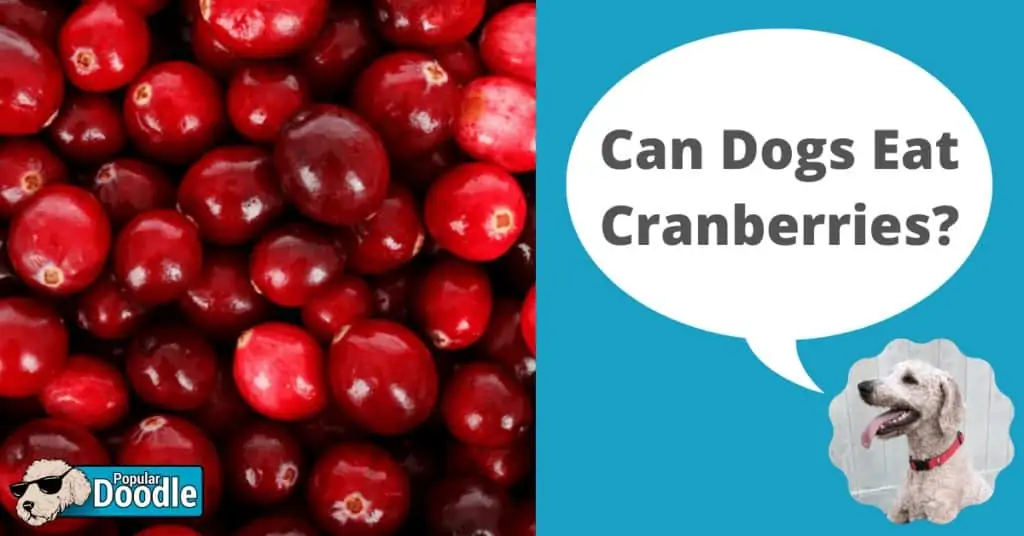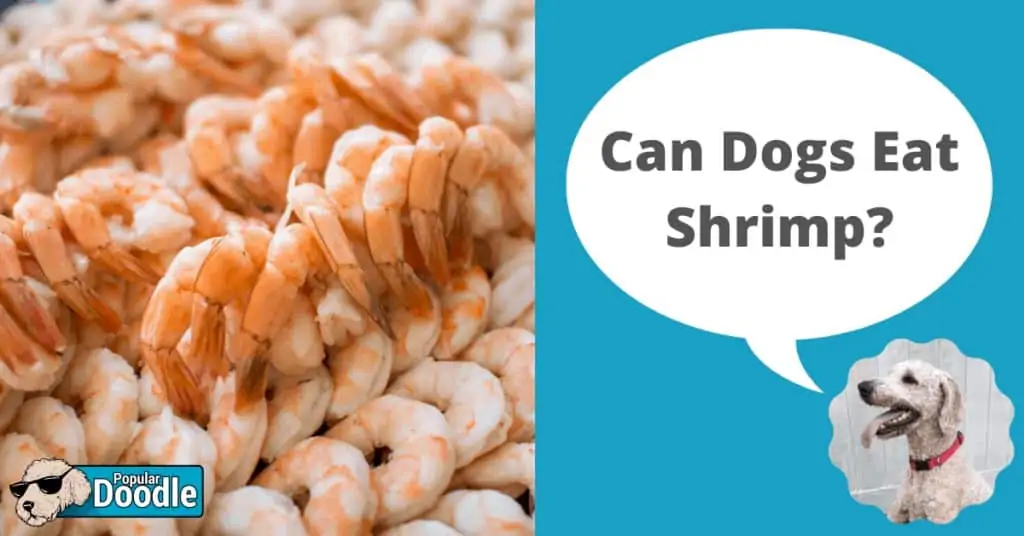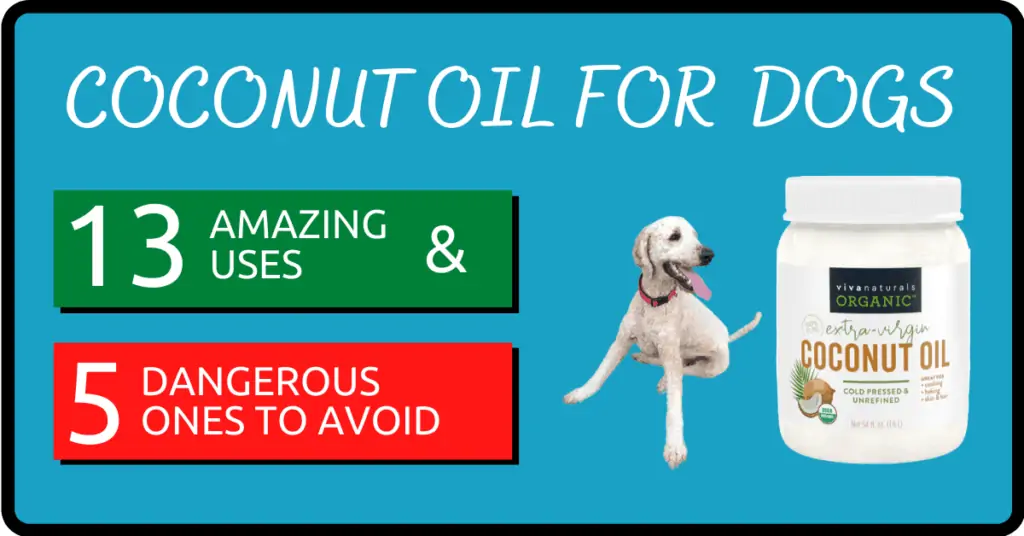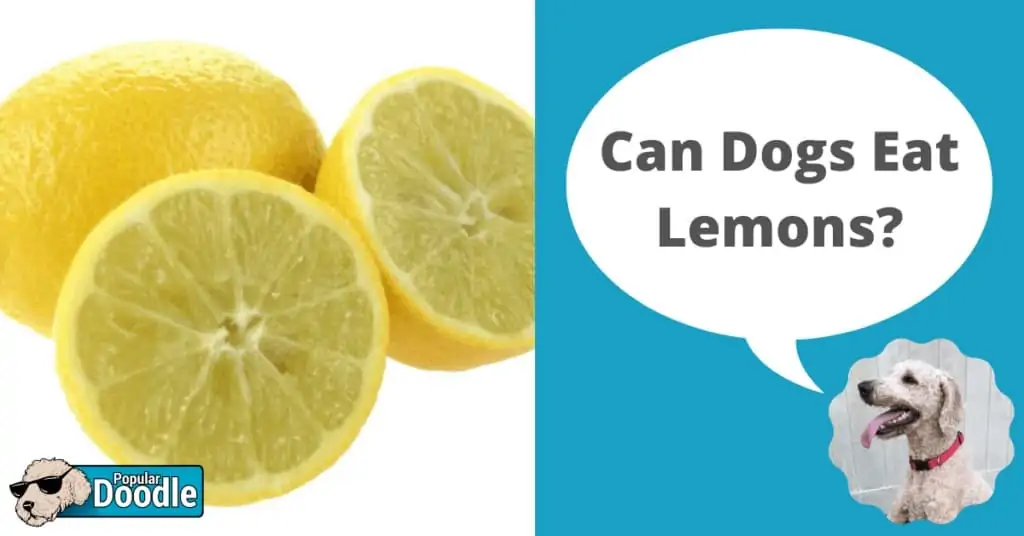
The tropical fruit, the coconut, is one of the most important and versatile foods. Some claim that there are more uses for coconuts than there are days in a year! From baking to piña coladas, coconuts are everywhere! Seeing as there are so many health benefits for us humans, you might wonder, “is coconut good for dogs?” So, can dogs eat coconut? Read on to find the answer—it might shock you!
Can Dogs Eat Coconut? (The Short Answer)
Yes, dogs can eat coconuts, but only very sparingly and in small quantities! This fruit is nutrient dense, and provides a lot of health benefits for dogs. However, recently it has been discovered that too much coconut can potentially cause your dog to have gut issues. However, as long as you serve it in strict moderation and steer clear of the hard outer-shell, the inside is a delicious treat to share with your dog.
It’s important to remember, that even with the best of intentions, accidents happen and dogs can easily eat things they shouldn’t. Unfortunately, even if those accidents aren’t fatal, they can result in huge, unexpected veterinary expenses. That’s why we recommend all responsible dog owners get a free, online pet insurance quote from Healthy Paws.
Is Coconut Good For Dogs?
Coconuts have a lot of positive attributes for your dog’s health. They are high in protein and are nutrient-dense without containing too many calories or sugar.
Coconuts have a high content of lauric acid which has multiple benefits. Lauric acid is great for helping fight off viruses and infections including yeast infections and ring worm. Lauric acid also has significant anti-inflammatory properties. This means that wounds may heal faster and it can help dogs with arthritis! It may help alleviate some of the chronic pain that arthritic dogs encounter by reducing some of the inflammation.
Coconuts are packed with antioxidants. Antioxidants are key in supporting the immune system. Additionally, coconuts have been known to be beneficial for your dog’s skin and coat…so much so that you can even use it topically on your dog!
Is Coconut Bad for Dogs?
Yes, coconut can be bad for dogs when served too often or too much. The main issue, which was only recently discovered, is that coconuts can cause your dog to have gut issues and can even lead to the condition “leaky gut.” This is why it’s so important to keep portions super small and only serve once in a while.
Coconuts also contain a significant amount of fat. Fatty foods can be especially difficult for dogs to digest. Usually it should not cause problems, but if given too much it may cause some pups to get an upset stomach. Feeding high-fat foods too frequently and over extended periods of time can cause serious health problems for your dog. One of the main problems it can cause is pancreatitis. Pancreatitis results in profuse vomiting, diarrhea, a loss of appetite, and can even be life threatening. The easy way to prevent this from becoming a problem is simply by feeding your dog fatty foods in moderation.
Another aspect to be aware of is the hard exterior. You should not feed your dog the hard, outer shell, because not only is it a choking hazard, but it also can cause intestinal blockages. Therefore it’s best just to share the inside with your pup.
Other Varieties & Related Foods:
Is Coconut Oil Safe for Your Pup?
No, pups should not eat coconut oil. While it has been commonly recommended to dog owners in the past, new studies have suggested that feeding your dog coconut oil may result in gut leak. For more information on the helpful and harmful uses of coconut oil, check out our article, “Coconut Oil for Dogs: 13 Amazing Uses (+5 Dangerous Ones to Avoid!)“
Can Dogs Eat Coconut Flour?
Yes, dogs can eat coconut flour! Like all coconut products, it should only be eaten rarely and in very small quantities to avoid any potential gut issues. In fact, a lot of dog treats contain coconut flour. Compared to other flours, coconut flour has minimal processing. It is created by removing fat, grating the flesh of the coconut, and then dehydrating it. Just like fresh coconut, coconut flour has a substantial amount of health benefits. These include a significant amount of fiber which promotes digestive health, a high protein content, ample amounts of iron, and it is low in carbohydrates and sugar! It is especially advised for dogs that have diabetes because of its low carbohydrate and sugar content.
Can Dogs Eat Coconut Ice Cream?
No, dogs generally shouldn’t eat ice cream of any flavor. There are multiple reasons why ice cream can be unsafe, as well as unhealthy. For more specifics about your pup consuming ice cream check out the following article: Can Dogs Eat Ice Cream?
Can Dogs Eat Coconut Popsicles?
Technically yes, if you’re very, very careful coconut popsicles can be safe for pets. Like all coconut products, it should only be eaten rarely and in very small quantities to avoid any potential gut issues. While popsicles can be consumed, but there are many things to be wary about.
Artificially sweetened popsicles, or those labeled, “sugar free” must be avoided at all costs. Xylitol is a common artificial sweetener that toxic to dogs, and is commonly found as a sugar substitute. Additionally, you should check to see if the popsicles contains milk because many dogs are lactose intolerant and giving them a good with milk products in it may cause gastrointestinal distress. Another factor to consider is that popsicles often contain a lot of sugar which isn’t healthy for dogs. Therefore, if any, a minimal amount should be given to your pup.
The amount of precautions that you must take is a lengthy list. Trying to locate a popsicle with these specific parameters may be incredibly difficult to find at your local grocery store. That doesn’t mean your pup can’t enjoy a delicious frozen treat though! A homemade popsicle may be the best solution to ensure that no harmful components are added. There are many easy recipes that take less than a half an hour to make that include fresh ingredients and will be safe for your pet!
Can Dogs Eat Coconut Cookies?
No, dogs should not eat coconut cookies. While coconuts are healthy for dogs, coconut cookies are not. Coconut cookies contain a significant amount of added sugar which is harmful and unhealthy for dogs. Homemade coconut cookie recipes generally include over two cups of sugar! Your pup will enjoy coconut as a treat, even if it’s not in the form of a cookie.
Can Dogs Eat Coconut Flakes?
Yes, dogs can eat coconut flakes. As long as the coconuts are unsweetened, they should be safe for dogs. Like all coconut products, it should only be eaten rarely and in very small quantities to avoid any potential gut issues. Some sweetened varieties of coconut flakes contain Xylitol which is toxic to dogs. Be sure to check the nutrition label to confirm no toxic ingredients or sweeteners were added!
Can Dogs Eat Coconut Meat?
Yes! Coconut meat is just the white flesh on the inside of the coconut. Like all coconut products, it should only be eaten rarely and in very small quantities to avoid any potential gut issues. Ensure that you’ve cut up to coconut meat into pieces appropriate for the size of your pooch to avoid choking.
Can Dogs Eat Coconut Yogurt?
Technically, yes and no. Coconut yogurt is similar to coconut popsicles in that there are many precautions you must take.
Generally, yogurt is healthy for pets because it provides protein and other nutrients. That being said, it also has a high lactose content which can really disrupt a dog’s digestive system. Generally, the only yogurt you should feed your dog is plain, Greek yogurt which generally has lower lactose content and a lower sugar content. Sugar content is another big issue with all yogurts. Most contain added sugars or added artificial sweeteners. Both of these aren’t good for your dog or their digestive tract. Overall, it’s best to only feed your dog plain Greek yogurt.
There is also a difference between coconut-flavored and yogurt made with coconut milk. Some new yogurts have been created using coconut milk so that people with lactose intolerance can enjoy yogurt as well. These generally only contain coconut milk, coconut water, and the live cultures that are found in Greek yogurt. These should be safe for your dog to eat as well as long as they only contain ingredients that dog-friendly.
If you’re very keen on giving your pup some coconut yogurt you must be very careful to look at the nutrition facts and ensure no harmful ingredients are included. Like all coconut products, it should only be eaten rarely and in very small quantities to avoid any potential gut issues.
Can Dogs Eat Coconut Chips?
The answer to this question depends on which type of coconut chip you’re talking about. There is a coconut chip that is used for baking and is quite similar to a coconut flake, only they’re longer and wider. Just like coconut flakes, as long as they’re unsweetened and pure coconut, they’re safe for your pup to eat! Like all coconut products, it should only be eaten rarely and in very small quantities to avoid any potential gut issues.
However, people have also invented chips that are made out of coconut. Some brands simply include toasted coconut and salt. Other variations include added sugars and, in some cases, chocolate. It would be best to steer clear of these chips as they have lots of salt, sugar, and sometimes chocolate, which are all either unhealthy or toxic to your pup. If your dog accidentally snatches a coconut chip, especially just a salted one without chocolate, there isn’t a huge reason to panic. That being said, fresh coconut is a much better way to let your pet taste coconut than chips.
Can Dogs Eat Dried Coconut?
Yes, dried coconut is safe for your dog. Dried coconut is essentially just coconut flakes that have been dehydrated. Like all coconut products, it should only be eaten rarely and in very small quantities to avoid any potential gut issues. It is so important to look at individual packages before giving your pup any food. Some may be sweetened or preservatives may have been added to them. Once again, you can make your own variety of dried coconut that may be a little more work, but a lot more safe for your pet. You can easily make your own with a fresh coconut. You just have to open it, crush the meat in a food processor, put it in the oven for 10-15 minutes, and then store them in an airtight container after they’ve cooled.
Is Coconut Shrimp Safe For Your Pup?
No, coconut shrimp is not safe for our four-legged friends for multiple reasons. For more details on why see our article, “Can Dogs Eat Shrimp?”
Can You Give Your Pup Raw Coconut?
Yes, dogs can have raw coconut! Raw coconut is just another name for the inside of a coconut, also known as the meat. Like all coconut products, it should only be eaten rarely and in very small quantities to avoid any potential gut issues. As previously mentioned, the raw coconut contains enzymes and nutrients that can help boost the immune system as well as other important benefits!
Can Dogs Eat Coconut Butter?
Yes! In moderate portions, your four-legged friend can eat coconut butter! Coconut butter is simply raw, dried, shredded coconut that is pureed until it becomes a thick, buttery texture. While still high in fat like all coconut products, it still contains important nutrients such as fiber and protein! Like all coconut products, it should only be eaten rarely and in very small quantities to avoid any potential gut issues.
Is Coconut Cream Safe for Your Pup?
Yes, your pup can eat coconut cream. Again, this should be given in small quantities. Coconut cream is created with two ingredients—coconut and water. The coconut meat is shredded and then simmered in water to separate the coconut portion. The mixture then separates into a creamy, thick layer, and a thin watery label. The thick, creamy, layer is what makes up the coconut cream and the more thin, almost watery, part is considered coconut milk. Coconut cream still contains a significant amount of nutrients that can add to your pet’s diet. Like all coconut products, it should only be eaten rarely and in very small quantities to avoid any potential gut issues.
Can Dogs Drink Coconut Milk?
Yes, dogs can drink coconut milk! Like all coconut products, it should only be eaten rarely and in very small quantities to avoid any potential gut issues. It is always better to buy the unsweetened version of coconut milk for your dog. Just like the meat itself, the milk can contain a lot of important nutrients and minerals that help to boost your pup’s overall health. Too much can cause a belly ache but as long as you only give it in moderation, there should be no problems. Keep in mind that this is a treat in small quantities and not a substitute to their normal water bowl.
Can Dogs Drink Coconut Water?
No, you should never give your dog coconut water to drink. It is too high in potassium. Too much potassium can result in your pet getting Hyperkalemia.
In Conclusion: Can Dogs Have Coconut?
Yes, but only in strict moderation and very rarely. While they provide many health benefits, this food also provides potential risks to your pup if you’re not careful. Watch your portion sizes and avoid the outer shell for the best experience. Coconut-flavored products should be thoroughly vetted depending on individual brands to prevent against unsafe additives from being served to your pet.
Want to Learn More?
Check out these related articles from our “Read Before You Feed” series for more advice on safe foods for dogs!
- Can Dogs Eat Papaya?
- Can Dogs Eat Cheetos?
- Can Dogs Eat Bell Peppers?
- Can Dogs Eat Cheez Its?
- Can Dogs Eat Pears?
Disclaimer: We are not veterinarians and this article should not be taken as medical or veterinary advice. If you have any questions about your pet’s health or dietary needs, please contact your local veterinarian.









